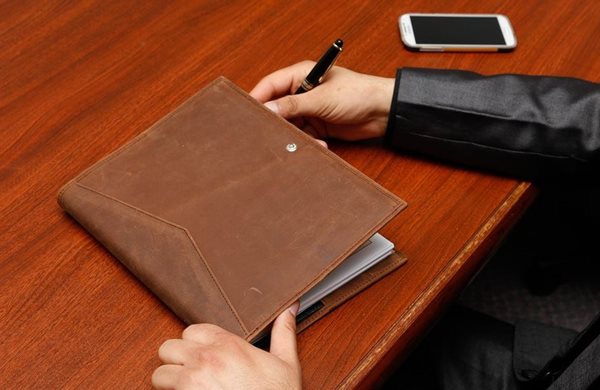
In fact, according to Dunn and Bradstreet, 90% of all companies that close their doors, do so voluntarily – they simply felt they could not carry on anymore.
Whether it is to encourage entrepreneurs to carry on or to start again, one of the approaches I use when dealing with those in a highly emotional and despondent state is to play a game called “Past-Me Co. versus Current-Me Co.”
How much do I have?
The game works like this: I tell the entrepreneur that I am their evil fairy godmother, I have waved my magic wand and have sent them back to the beginning, the first day they started their business (Past-Me Co.). Having set the scenario, the entrepreneur now needs to set up a competitor analysis between Past-Me Co. and Current-Me Co. (the current business they find themselves in).
In this analysis, they need to list all the items and assets that each business (past and present) has in place. This includes physical assets, staff, brand assets, skills, reputation, relationships, contracts, past and present clients, industry associations, credit facilities, vendor listings, software, processes and anything else relevant.
I then ask, “Do you think that Past-Me Co. would be envious of and perhaps a little intimidated by all that needs to be built, acquired and put into place in order to compete with Current-Me Co?”
This thought experiment is incredibly effective in making entrepreneurs realise how much they really do have.
When you lose your business, there is a natural focus on everything that you don’t have, on everything that has been lost. It is hard to refocus the mind on everything that you do have. But the truth about any entrepreneur who starts again, whether in the same business or another, is that their new starting point is higher with more resources than their previous one.
For those of you who ever played arcade games such as Pac-Man, you’ll remember that, after a year or so of playing and gaining experience, you’d start a new game by getting through the first few levels almost automatically. You knew the best route, the sequences that resulted in the highest points, and all the pitfalls to avoid. And then, as you reached the higher levels, the ones you battled with in the past, you began to concentrate again. The same is true for starting a new business. You can move through the initial stages with a level of confidence and speed that you didn’t have the previous time round.
From my years of working with entrepreneurs, what I have witnessed as being the biggest impediment to starting again or perhaps even to fighting on is self-confidence or rather the lack of it. Losing a business or struggling for a long time to keep one alive takes a huge toll on one’s self-confidence.
We internalise a failed business as us failing. And so, the most important thing in this depressed time is to protect your self-confidence, and you do this by deliberately developing an academic relationship with your business (I covered this in the previous article of this series). If you don’t protect your self-confidence, you are less likely to be able to leverage your accumulated assets, skills, relationships, etc. for your rebirth.
The formula works something like this: self-confidence multiplied by perceived resources equals level of success. If your self-confidence is zero then zero times anything equals zero. By the same token, if you perceive or recognise few available resources to use in your new endeavour, your probability of success is much lower.
With the self-confidence of that Pac-Man player putting another coin in the slot and starting again – but now armed with more knowledge, more resources and more experience to take along to the next levels – so, too, must you start again.
Brimming with a concoction of confidence mixed with some much-needed humility and deeply internalised knowledge that this time you have far more assets and far more in your favour to win this round, you must lift your head high, puff our your chest and say, “Oh well, that happened. Now, let’s try again!”
